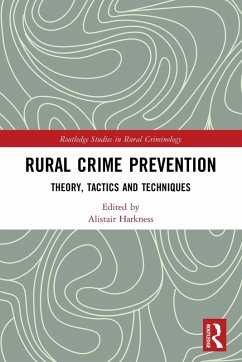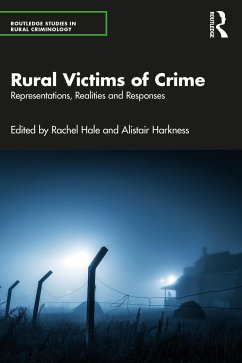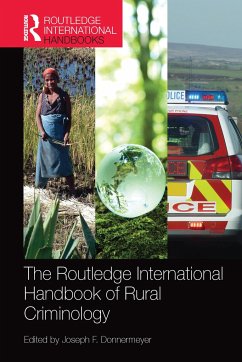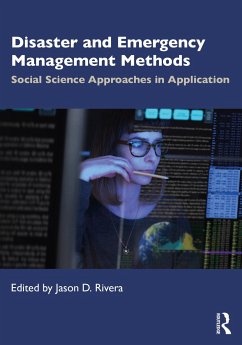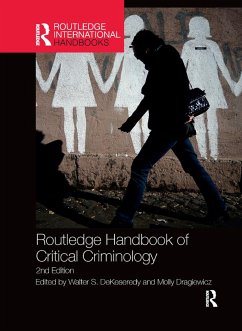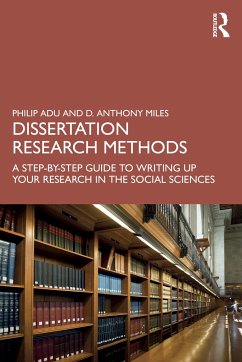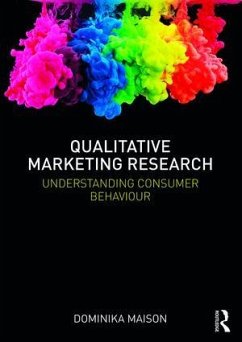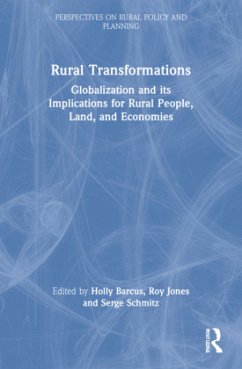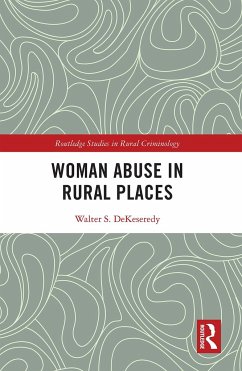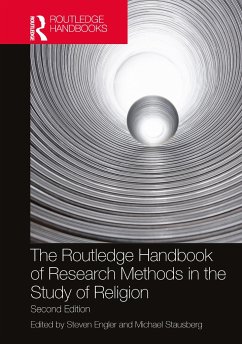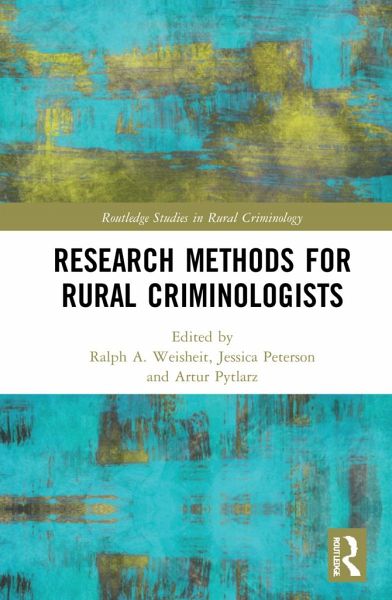
Research Methods for Rural Criminologists
Versandkostenfrei!
Versandfertig in 6-10 Tagen
154,99 €
inkl. MwSt.

PAYBACK Punkte
77 °P sammeln!
Conducting rural criminological research exposes researchers to concerns such as absence or inadequate official data about crime and superficial rural-urban comparisons, rural isolation and distance from the researchers' office to the study site, and lack of services or access to justice. This distinct cultural context means that studying rural crime requires creatively adapting existing research methods. Conducting research about or in rural settings requires unique researcher preparation, as everything from defining the space at the conception of a project to collecting and analyzing data di...
Conducting rural criminological research exposes researchers to concerns such as absence or inadequate official data about crime and superficial rural-urban comparisons, rural isolation and distance from the researchers' office to the study site, and lack of services or access to justice. This distinct cultural context means that studying rural crime requires creatively adapting existing research methods. Conducting research about or in rural settings requires unique researcher preparation, as everything from defining the space at the conception of a project to collecting and analyzing data differs from urban research.
This book explores the various issues, challenges, and solutions for rural researchers in criminology. Integrating state of the art methodological approaches with practical illustrations, this book serves as an internationally comprehensive compendium of methods for students, scholars, and practitioners. While contributing to the growing field of rural criminology, it will also be of interest to those engaged with the related areas of rural health care, rural social work, and rural poverty.
This book explores the various issues, challenges, and solutions for rural researchers in criminology. Integrating state of the art methodological approaches with practical illustrations, this book serves as an internationally comprehensive compendium of methods for students, scholars, and practitioners. While contributing to the growing field of rural criminology, it will also be of interest to those engaged with the related areas of rural health care, rural social work, and rural poverty.



